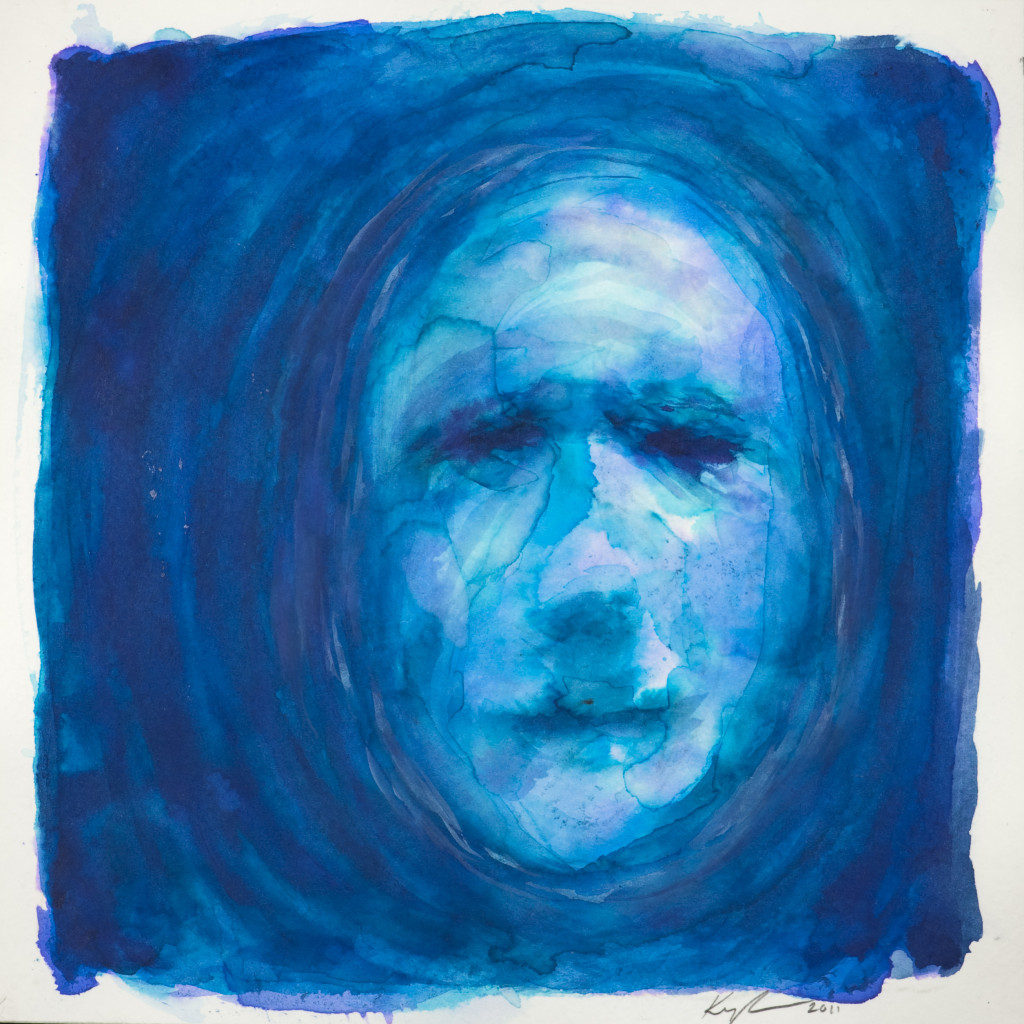Peter Gabriel, the musical legend, says, “[My isolation tank] was quite useful, in the sense that you could get into a dream state, and I think that did allow…different thoughts and pictures to come through.”

Joe Rogan, the comic and MMA host, says, “The sensory deprivation chamber is the most important tool I’ve ever used for developing my mind, for thinking, for evolving.”
Matt Stangel of the Portland Mercury reports that after floating, “I began to write creatively for the first time in months, but with an uninhibited ease that I haven’t experienced in almost five years. In short, I was astounded by the changes I saw in myself.”
What’s going on here? Why does everyone seem to come out of the tank talking about peace, clarity, and cosmic oneness, or “colors — of cars, of buildings, of the sky — [being] more lush“, or achieving “profound, ecstatic nothingness“, or even “like a DJ had showed up to the party and started remixing my brain“? People seem convinced the tank increases their creativity, but does it really, or are they just tripping?



